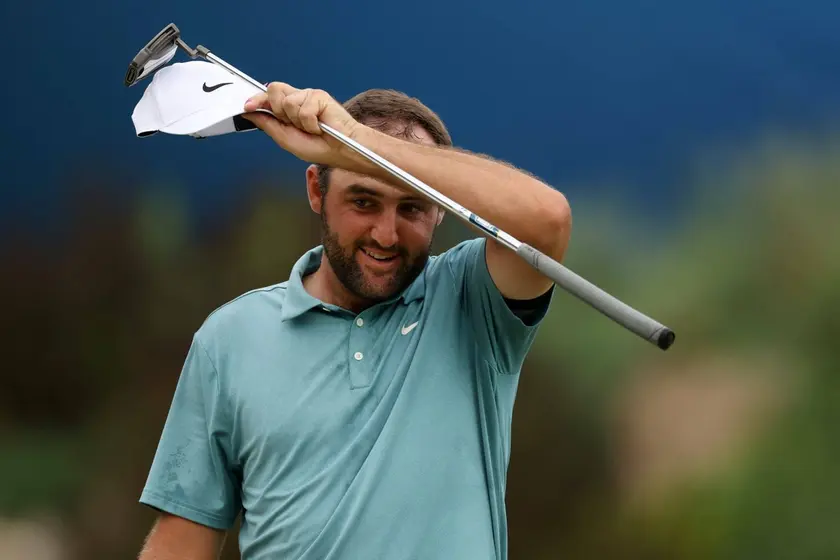T4K3.news
PGA Tour to overhaul competition structure led by Tiger Woods
The PGA Tour announces a nine member Future Competition Committee led by Tiger Woods to rethink the tour’s competitive model across all parts of the year.
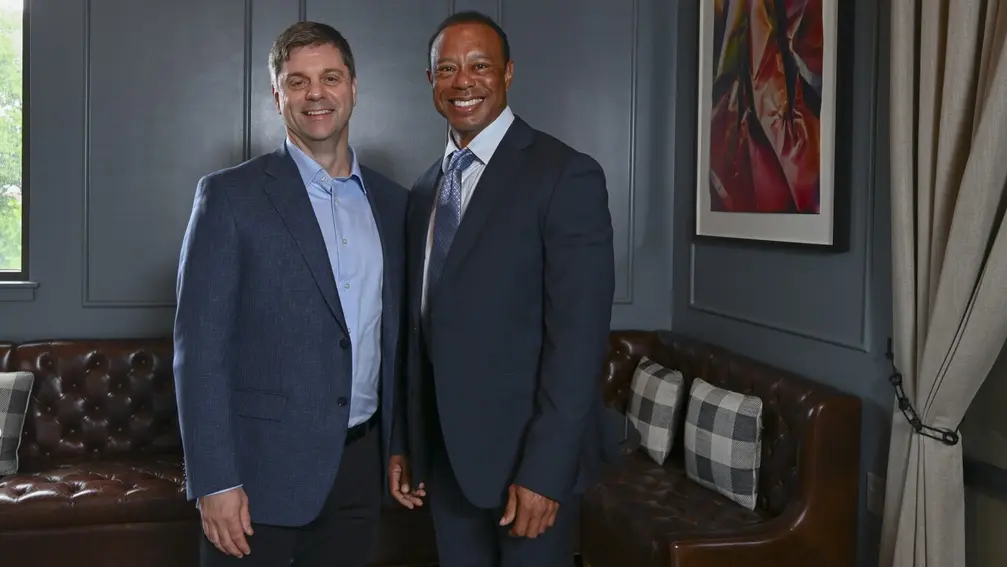
The PGA Tour unveils a nine member Future Competition Committee led by Tiger Woods to rethink how the tour competes across the season.
Tiger Woods chairs Future Competition Committee as PGA Tour launches reform plan
ATLANTA – PGA Tour chief Brian Rolapp announced the creation of a Future Competition Committee during the Tour Championship. The nine member panel will include six players and will be chaired by Tiger Woods. Other members include Joe Gorder, the chairman of both boards; John Henry, manager of Strategic Sports Group; and Theo Epstein, the former MLB executive who is an advisor for Fenway Sports Group. Patrick Cantlay, Adam Scott and Camilo Villegas are policy board members who will join the committee, while Maverick McNealy and Keith Mitchell, co-chairs of the Player Advisory Council, will ascend to the policy board next year.
Rolapp said the committee’s aim is a holistic relook of how the tour competes, focusing on the regular season, playoffs and off-season. The group will examine three areas of the competition model parity, scarcity and simplicity, with the goal of driving significant change rather than small tweaks. The tour has already moved away from a starting-strokes format for the Tour Championship, opting instead for traditional 72 holes of stroke play with all players starting even par. Scheffler, currently atop the points list, welcomed the change saying the format should yield a strong finish to the year.
Rolapp compared the drive for reform to his time in the NFL where rule changes were common and innovation a staple. He noted that the panel will also address media products and sponsorship elements to support a more aggressive meritocracy.
No talks with PIF were disclosed in this address, underscoring the ongoing divergence of perspectives within professional golf as the tour contemplates major changes.
Key Takeaways
"The goal is not incremental change. The goal is significant change."
Rolapp on the scope of the reforms
"We did not sit still, changed rules every March. That’s what I mean by honoring tradition but not being bound by it."
Rolapp on applying NFL innovation to golf
"Having a good golf tournament on a really good golf course to finish off our season the right way."
Scheffler on the Tour Championship format
"No talks with PIF"
Rolapp on negotiations status
The move signals a deliberate shift from adapting to the market to actively reshaping it. By placing a high‑profile chair like Woods at the center and drawing on a mix of players and executives, the PGA Tour taps both oncourse legitimacy and business sense. The emphasis on parity, scarcity and simplicity points to a simpler, more transparent path to the playoffs and media value. Yet the initiative arrives amid broader tensions around funding and global investment, particularly with PIF reportedly on the table around governance and sponsorship. How stakeholders respond to a more meritocratic and potentially aggressive schedule will reveal whether this is bold leadership or risky season ticket for controversy.
Highlights
- Change in sport should be ambitious not cosmetic
- A tournament should test the best players on the course not on paper
- Meritocracy means rewards for performance not position
- Innovation is tradition in motion not a break with it
Significant political and financial sensitivities due to PIF involvement
The piece discusses potential negotiations with the Public Investment Fund (PIF) and broader investor reactions. This creates political and budgetary sensitivity around governance, sponsorship, and public perception.
Change on this scale tests more than a schedule it tests trust among players fans and investors.
Enjoyed this? Let your friends know!
Related News
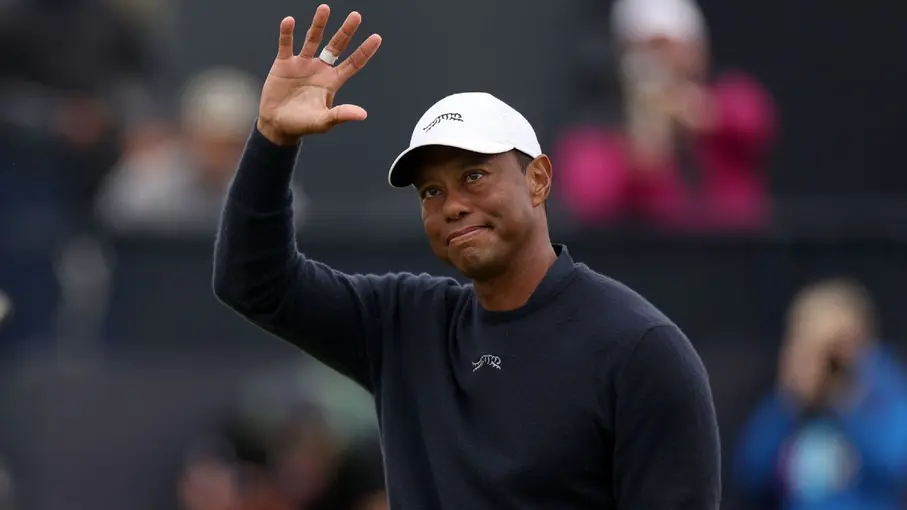
PGA Tour sets course for major change
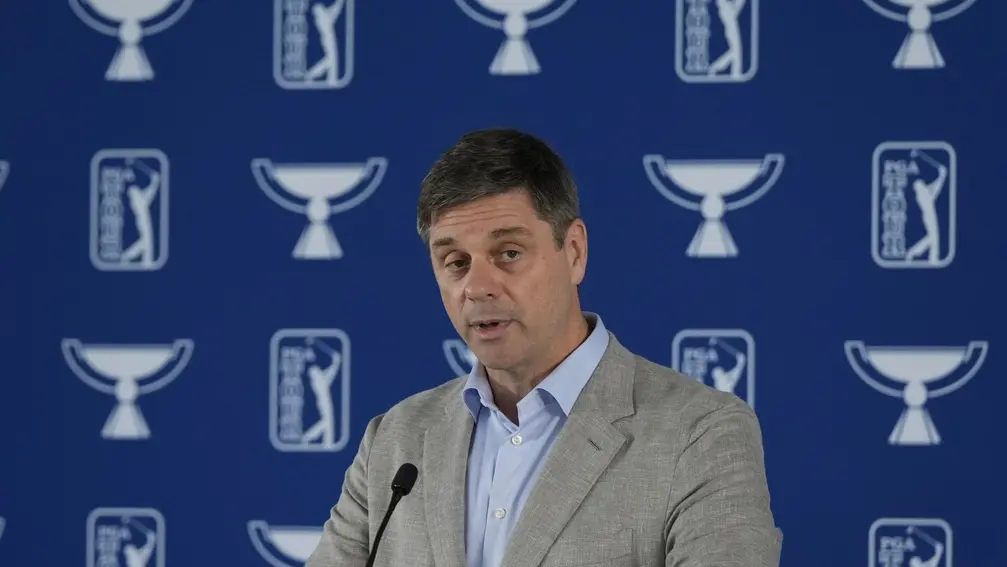
Tiger Woods to lead PGA Tour competition review
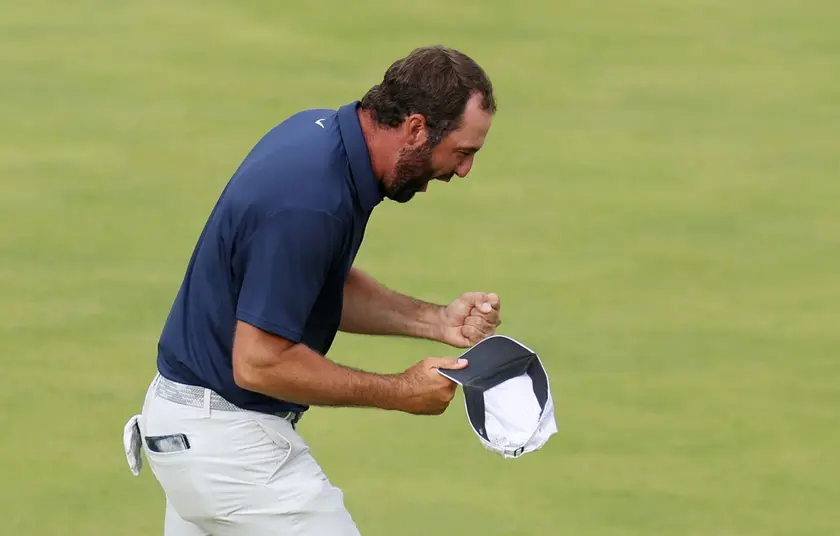
Scottie Scheffler wins Open Championship in Northern Ireland

Scottie Scheffler takes commanding lead at Open Championship 2025
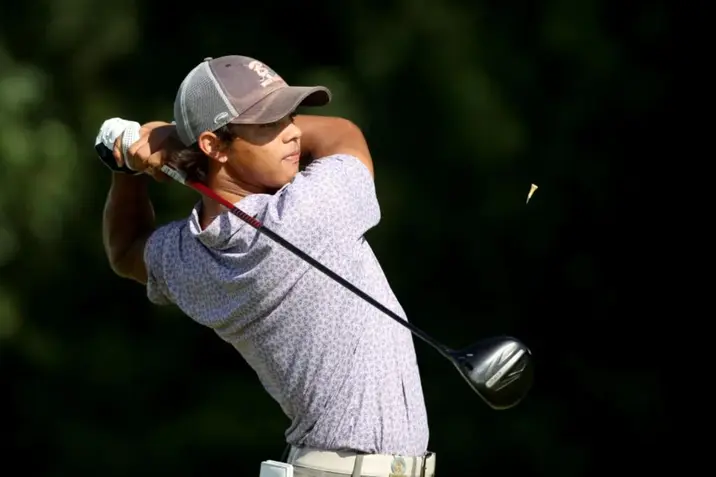
Charlie Woods misses cut at U.S. Junior Amateur
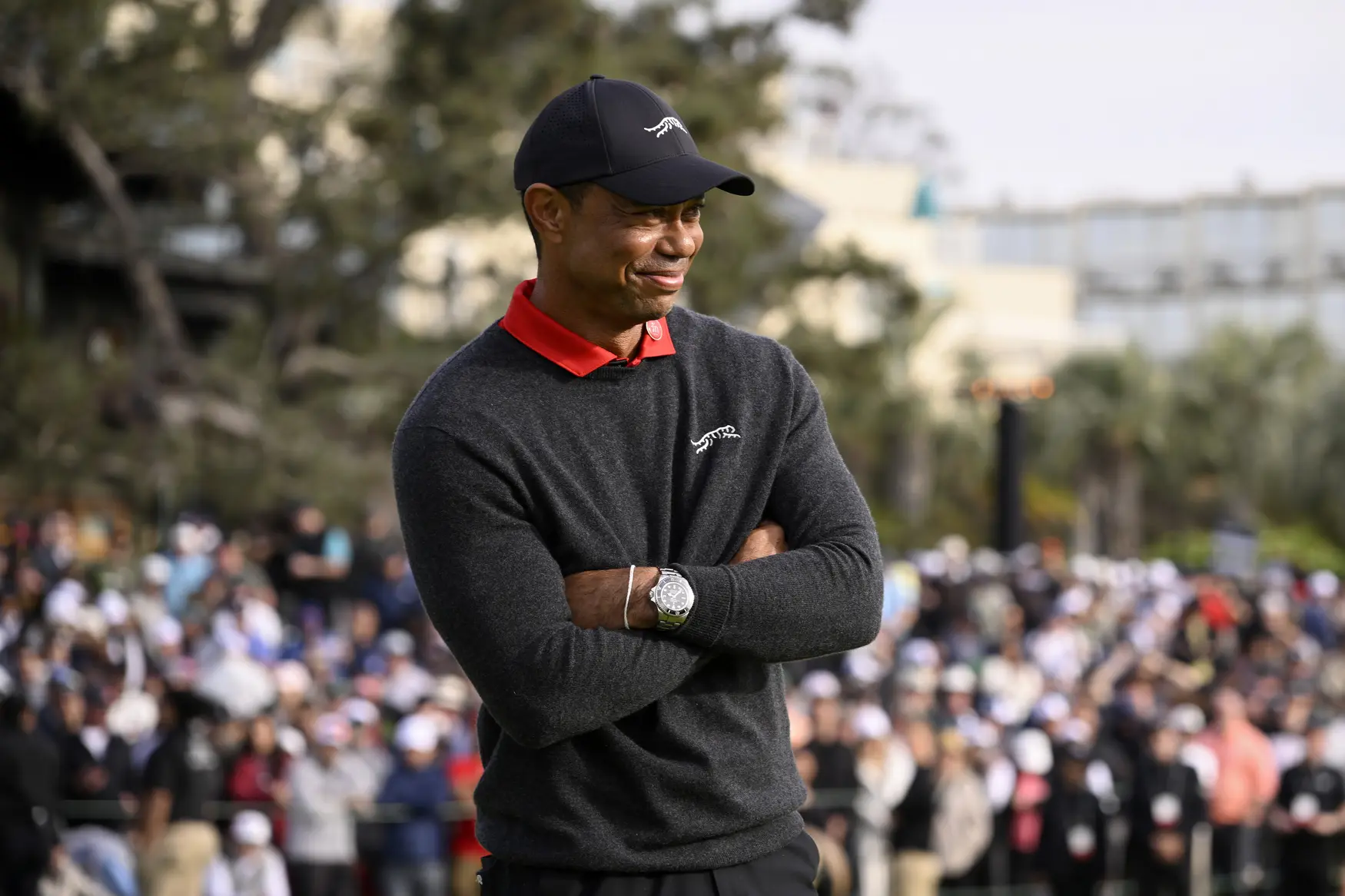
Tiger Woods introduces Carolina Collection before PGA Championship
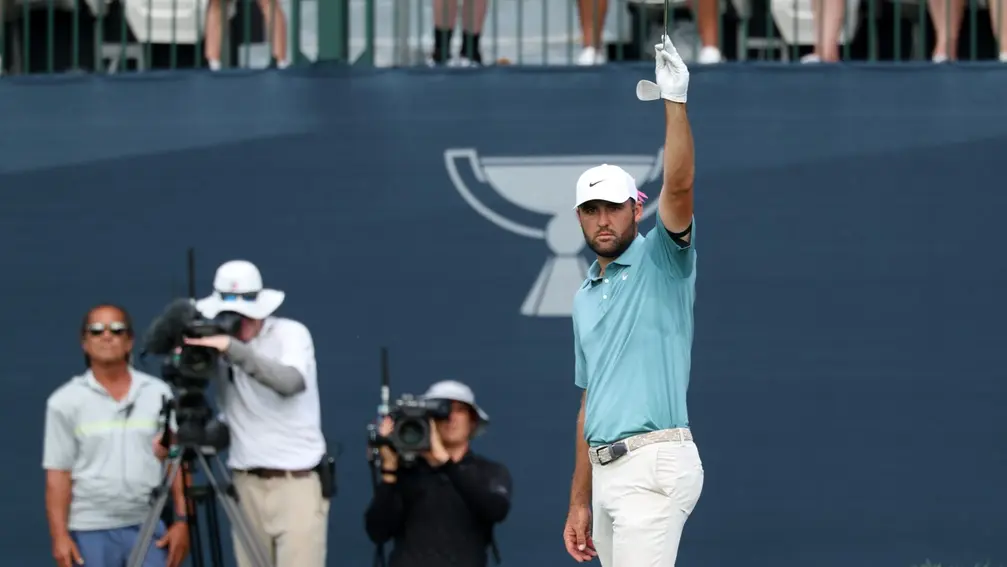
BMW Championship winner
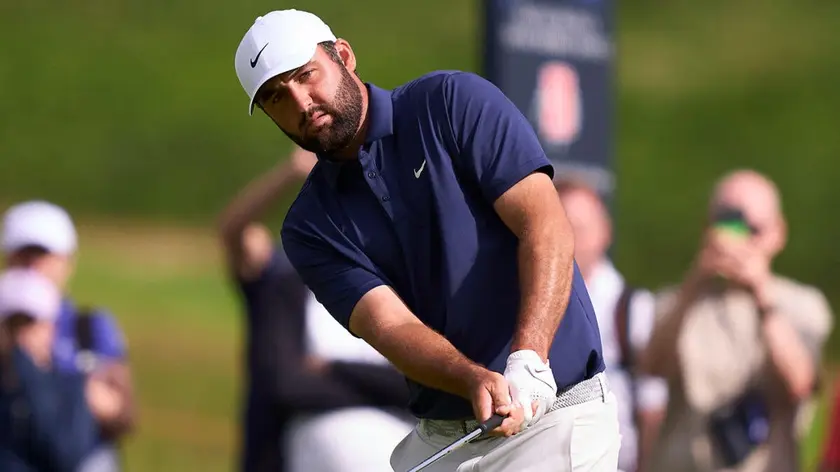
Scottie Scheffler wins 2025 Open Championship
